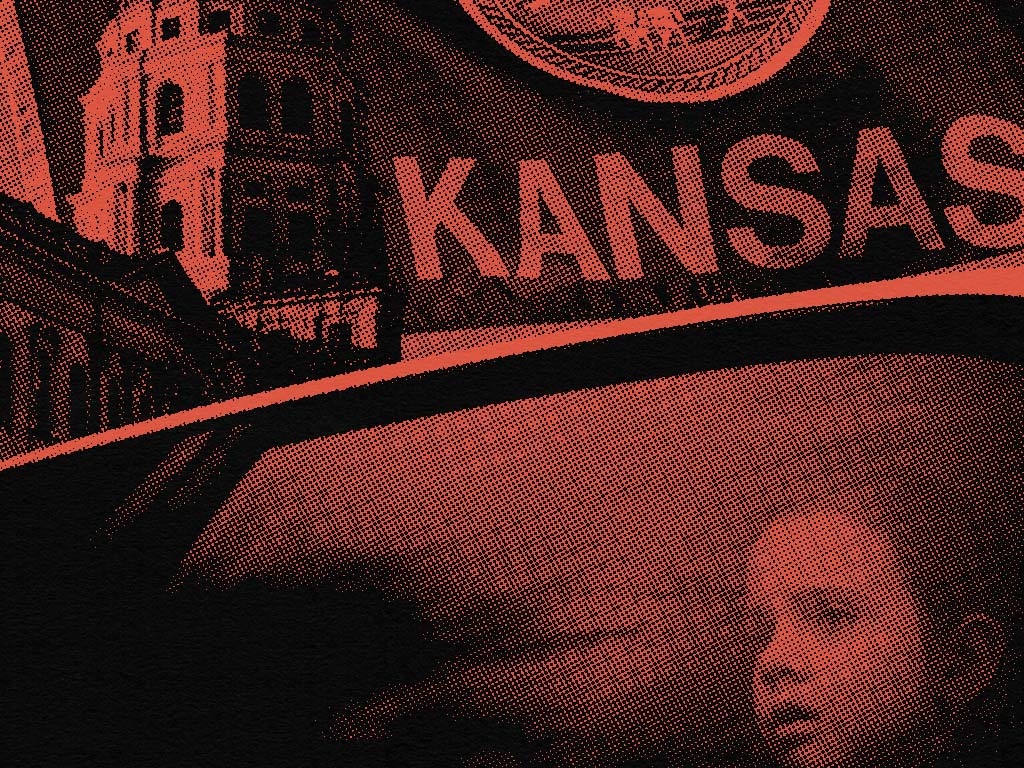
Legislative Update: Week Seven
This was a tough week at the Statehouse as we watched the legislative process move at lightning speed to advance harmful legislation, while also silencing those brave enough to speak truth to power. It is our long held contention that governing works best when the people have an opportunity to fully participate in the legislative process. There have been far too many instances when this hasn’t happened this year. As we enter the last month of the session, we must hold our elected officials to the highest standards possible, especially when it comes to engaging Kansans in their work.
Here’s what we’ve been paying attention to this week:
Protecting the Courts
SCR 1611, proposing a constitutional amendment to provide for direct election of supreme court justices and abolish the supreme court nominating commission. This bill had a hearing on Tuesday, February 25, during which the proponent and opponent sides were each allotted only 23 minutes of testimony. Despite significant opposition, the bill was quickly passed out of committee the following day – but worse, the bill was amended to move the date when Kansans would vote on the proposed constitutional amendment from the general election in 2026 to the primary election in 2026. Voter turnout during primary elections is typically significantly lower than general elections and more highly partisan. Such a change does not reflect the democratic values that proponents of the constitutional amendment espouse.
The current supreme court nomination process was created due to partisan political scandal, was approved by Kansas voters, and continues to be an effective tool to help ensure an independent court that is focused only on faithfully interpreting the law and constitution. Direct elections politicize the process and jeopardize judicial independence while creating an opportunity for dark money both inside and outside of Kansas to have an outsized influence on who we entrust to interpret laws and protect the rights of Kansans. We oppose this resolution.
Supporting Justice-Involved Youth
On Wednesday, the House Committee on Corrections and Juvenile Justice heard a presentation from the Kansas Legislative Research Department on the J. Russell (Russ) Jennings Joint Committee on Corrections and Juvenile Justice Oversight Report. The report highlights the Joint Committee’s activities in 2024, including learning about programs like the Stepping Up Initiative, which is working to develop an early intervention system for youth and develop statewide detention standards– their recommendations for items such as funds to enhance incarceration mental health services, and requests for a review of the statutory requirements and future funding of the EBPA to consider if there are needed changes to ensure access to funds by more youth-related organizations. You can review the full report here.
On Monday, March 3, the House Committee on Corrections and Juvenile Justice will conduct final action on the following bills:
- HB 2325, authorizing judges to commit youth offenders to detention for technical violations of probation, increasing the cumulative detention limit for youth offenders and increasing criminal penalties for youth offenders who use a firearm in the commission of an offense or who are repeat offenders. We oppose this bill.
- HB 2329, providing for increased placement of youth offenders in non-foster home beds in youth residential facilities, requiring the secretary of corrections to pay for the costs associated with such placements and authorizing the secretary to make expenditures from the evidence-based programs account. We oppose this bill.
Improving the State’s Foster Care System
We had a crossover moment in the Kansas Legislature on Wednesday, with the House Committee on Child Welfare and Foster Care receiving a presentation from several agencies on the history and impacts of SB 367 and other juvenile justice reforms on the child welfare system. You can find the provided commentary here. In 2016, SB 367 was passed after extensive research and discussion. This bill significantly reformed the juvenile justice system to better align with more effective and rehabilitative evidence-based best practice. We continue to protect and uplift the reforms from SB 367,
The Committee on Child Welfare and Foster Care agenda for next week has time on both Monday and Wednesday for possible final action on HB 2132, modifying the definition of neglect to prohibit the removal of a child due solely to an issue of poverty and requiring more than one demonstrated fact of imminent harm due to a lack of financial resources for removal. We support this bill, and will be monitoring the discussion to provide updates on amendments to the bill and its potential progression out of committee.
Protecting and Expanding Food Assistance Programs
On Thursday morning, SB 254, prohibiting aliens who are unlawfully present in the United States from receiving any state or local public benefit in accordance with applicable federal law, was heard in front of the Senate Committee on Federal and State Affairs. We oppose this bill. This bill harms hardworking immigrants in our state who have ensured the continued success of Kansas by disallowing public benefits from an undocumented immigrant in Kansas. While the overwhelming majority of public benefits already disallow undocumented immigrants from accessing them, such as SNAP, we remain concerned that this bill will have a chilling effect on the programs we work closest on such as Summer EBT and school meals.
The bill hearing was contentious from the start, allowing the only in-person proponent, Kansas Attorney General Kris Kobach, 12 minutes for his testimony, with another 10 for questions. For the opponents (24 in person, dozens more who provided written), they were given 12 minutes total. Many opponents traveled from across Kansas to speak about this bill, and there was frustration that so little time was reserved.
Final action on SB 254 is scheduled for Monday morning. Please contact the committee and tell them to vote no on this bill!
Reducing Hunger in Kansas
There is still ample support and momentum around eliminating the reduced-price meal copay for Kansas kids. While the budget has passed the House, it will now be heard in the Senate Committee on Ways and Means. We continue to work with legislators and urge them to put funding for this proposal back into the budget.
As always, please continue to contact your legislators to let them know where you stand on the issues. Your voice matters!

